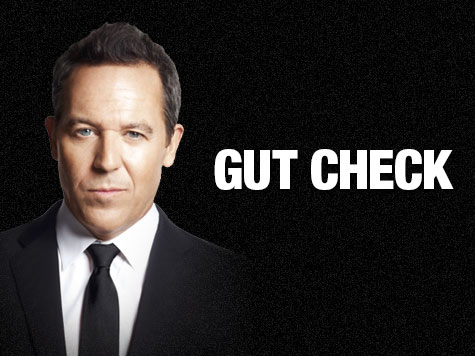
This weekend, riddled with sickness, I caught up on the latest series — available on Netflix — written and directed by Ricky Gervais.
It’s called Derek, and it’s about a “simple-minded” guy named Derek who works at a retirement home. It also stars the intellectual enigma that is Karl Pilkington — a dude I used to see in my central London neighborhood every day as he walked by my local pub around the corner from the BBC. He’s a genius at faking dumb.
When I watched the first episode, I found it manipulative and predictable. But unlike 99 percent of the stuff currently regurgitated from our entertainment industry — dreck that’s also manipulative and predictable — Derek aims higher. I can’t read Gervais’ mind, but I sense with Derek his goal was to create a path for joy in a desolate dead end and ultimately unfair world. It is a path that doesn’t rely on violence as a response to resentment. Instead, he focuses on kindness.
What Quentin Tarantino did for violence — which is to romanticize it by marrying it to great music and cool iconic actors — Ricky Gervais is doing for kindness. Throughout the series (a total of maybe three hours), you find acts of real compassion married to Radiohead, Coldplay, and other music you’d normally find linked to drug use and solo dancing on a rooftop. It’s a different tact for a setting as mundane as a rest home, and as cloying as it might seem, it works.
Gervais has been at this sort of thing for more than a decade. His landmark series The Office remains the perfect sitcom, an evocative work that made you empathize with people you also saw as lonely, broken, and failed. With Extras, he did the same — focusing on haves and have nots in the entertainment industry — and what it’s like not only to be an extra in that realm but in life itself. I’ve been a dedicated fan of Gervais’ work since a friend of mine mailed me a DVD of The Office as a salve for a bad breakup, and it worked. Life is hard, and the only thing that gets you through it is kindness. That seems to be the theme running through all of Gervais’ work.
Gervais is an atheist, who perhaps has done more than many believers in attempting to devise a basic moral structure for a dark world. Say what you want about religion, but its decline has left a void that has been replaced by so many unsavory things. From my perspective, religion has been supplanted, largely, by resentment. This world — a ball of random unfairness — was endurable as long as you believed “your reward will come if you just suck it up in this first phase of life. Heaven will come.” Well, if there is no Heaven, what are you left with? When you turn on the TV and see people with so much more than you, what are you left with? And why is it that among people who seem to have everything they are still angry? Still resentful?
Resentment. It’s everywhere. It drives everything from carefully planned spree shootings to random attacks on the street. Resentment is the excuse one uses for anger and the acts that the rage causes. With Gervais’ work, he’s telling us there’s a better response to the unfairness of life. Who knows if people will listen, but it’s worth noting how Gervais tries to do this — and how he succeeds.
His characters, by our contemporary standard definition, are losers. They are poor, they are unattractive, and they are not famous. They crap their pants, they find joy in junk food, they live in a universe so detached from what we call “the good life” that one wonders why they bother to carry on.
But within these characters — Derek, especially — no resentment resides. They spend very little time bemoaning their lot in life. Instead, they do good things — as a reasonable alternative to bitterness.
Derek is a fifty-year old man who works at a rest home. We are reminded — over and over again — that he is a pure, giving soul. He finds happiness by helping others instead of seeking satisfaction for himself. There are times that Gervais lays it on too thick — it becomes a Brit version of Forrest Gump. We already get his childlike goodness without being constantly reminded of it. And when volunteers doing community service at the home come away “changed,” you feel like you’re in after-school special territory.
But when you compare this to what’s being oversupplied in other shows — the fake overdrama of Law and Order clones, the silly edginess of Dexter, the endless parade of darkly handsome renegade loners — the change is refreshing. And despite the heavy-handedness, Derek packs a punch. As a person who rejects sentimentality in all shapes, I was moved. That could have been the Walgreens generic Walflu cold and flu syrup, combined with the Nyquil, but I wanted to watch it again with my wife.
I admire Gervais because I truly think he believes that in the face of this odd, relentless existence, kindness is the only thing that is free and can be supplied by you. If you aren’t going to read the Bible, you can at least master that.
Greg Gutfeld is a mainstay on Fox News as co-host of The Five and the host of Red Eye. He’s also the NY Times best-selling author of The Joy of Hate: How to Triumph over Whiners in the Age of Phony Outrage. His new book Not Cool, is now available for Pre-order. For more from Greg check out his official site or follow him on Twitter.
Trailer for Derek

COMMENTS
Please let us know if you're having issues with commenting.